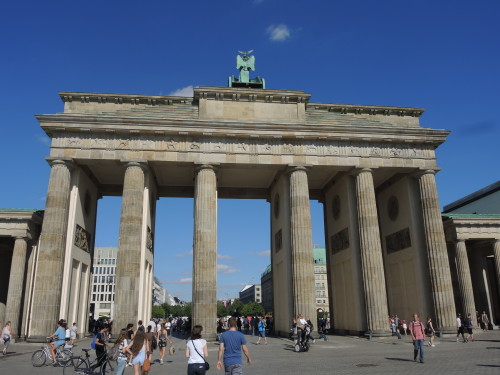
- The iconic Brandenburg Gate in Berlin anchors the famous “Unter den Linden”, Under the Linden Trees, which bees flock to when they bloom
Beekeeping, especially urban beekeeping, is picking up steam and buzz! When I first attended my “Beekeeping Basics” class put on by the local beekeepers club twenty years ago, older men in coveralls dominated and the joke was that the average age of a beekeeper was “from 57 to dead”. As a younger woman in the class, I was definitely in the minority. Sticking with beekeeping for over twenty years has seen lots of changes in the apiary. A new generation of beekeepers have arrived which has started a revolution in how beekeeping is practiced.
The practice of “we have always done it like this,” is slowly but surely disappearing. Beekeepers with new ideas, energy, and ways of doing things are transforming the apiary yard to something that beekeepers from 50 years ago wouldn’t recognize. When problems started to arise 10 years ago with the advent of mites and colony collapse, beekeepers wasted time hoping to return to 1940’s beekeeping. The old guard still wishes that. But with the new crop of beekeepers, they don’t know the difference and attack the problems with renewed vigor and novel solutions.
Recently on a trip to Berlin, Germany, I was impressed with the number of active urban beekeepers that are passionate about keeping bees. A new generation of beekeepers in Berlin has raised ecological awareness in a nation that prides itself on its recycling and transition to renewable energy. Over 500 beekeepers produce more than 150 tons of honey in the very urban city of Berlin. I was stunned to find a beekeeping storefront in Mitte, the center of the city and tourist attractions, with beekeeping supplies. And what supplies! There were things I had never seen here in the states. I was like a kid in a candy store, shopping for supplies that would fit in my carry-on luggage.
Berlin, like many other urban areas, has enjoyed a renaissance of beekeeping and cities are well able to support populations of bees with varied city plantings. In contrast, rural farming areas are hard pressed to supply the diversity that urban areas provide with city trees and roadside plantings.
Linden trees, otherwise known as Lime trees or Tillias, are the pride and joy of Berlin, and when they bloom, are intoxicatingly sweet, and draw bees from miles away to produce wonderful Linden Honey. Unter den Linden is the main historic drag in Berlin anchored by the Brandenburg Gate, lined by hundreds of Linden trees that perfumes the entire neighborhood and is reputed to make the best honey in the world. I have heard this claim several times before in different parts of the world, but after tasting Linden honey, I was convinced!
For more information on Berlin beekeeping, go to Environment 360.

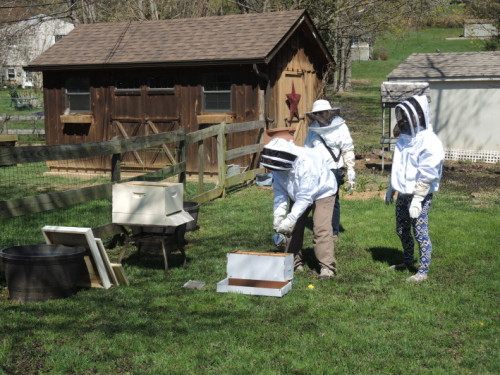
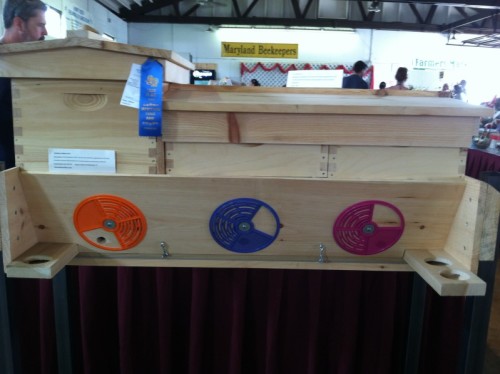
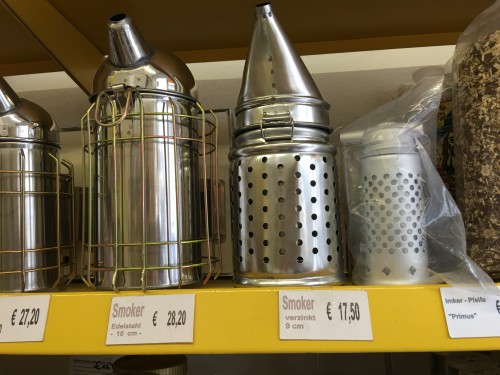
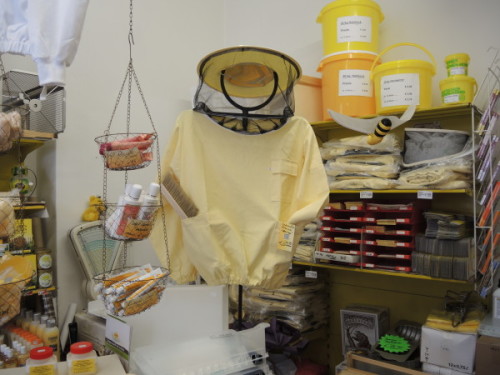
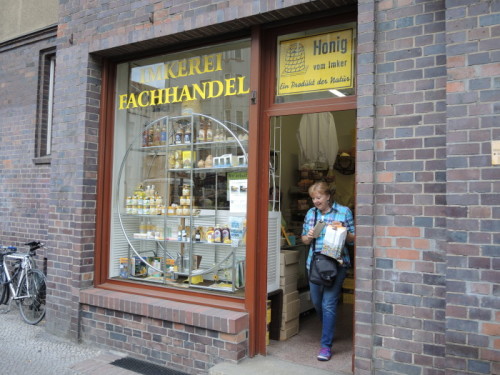
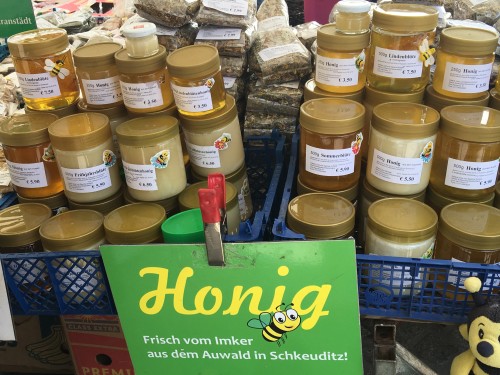
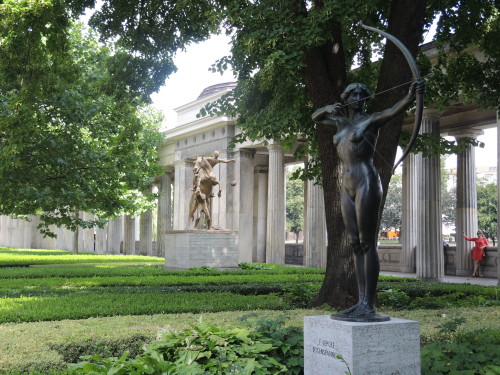









1 Comment
Where can i buy bee gown and other apiary supplies in berlin?